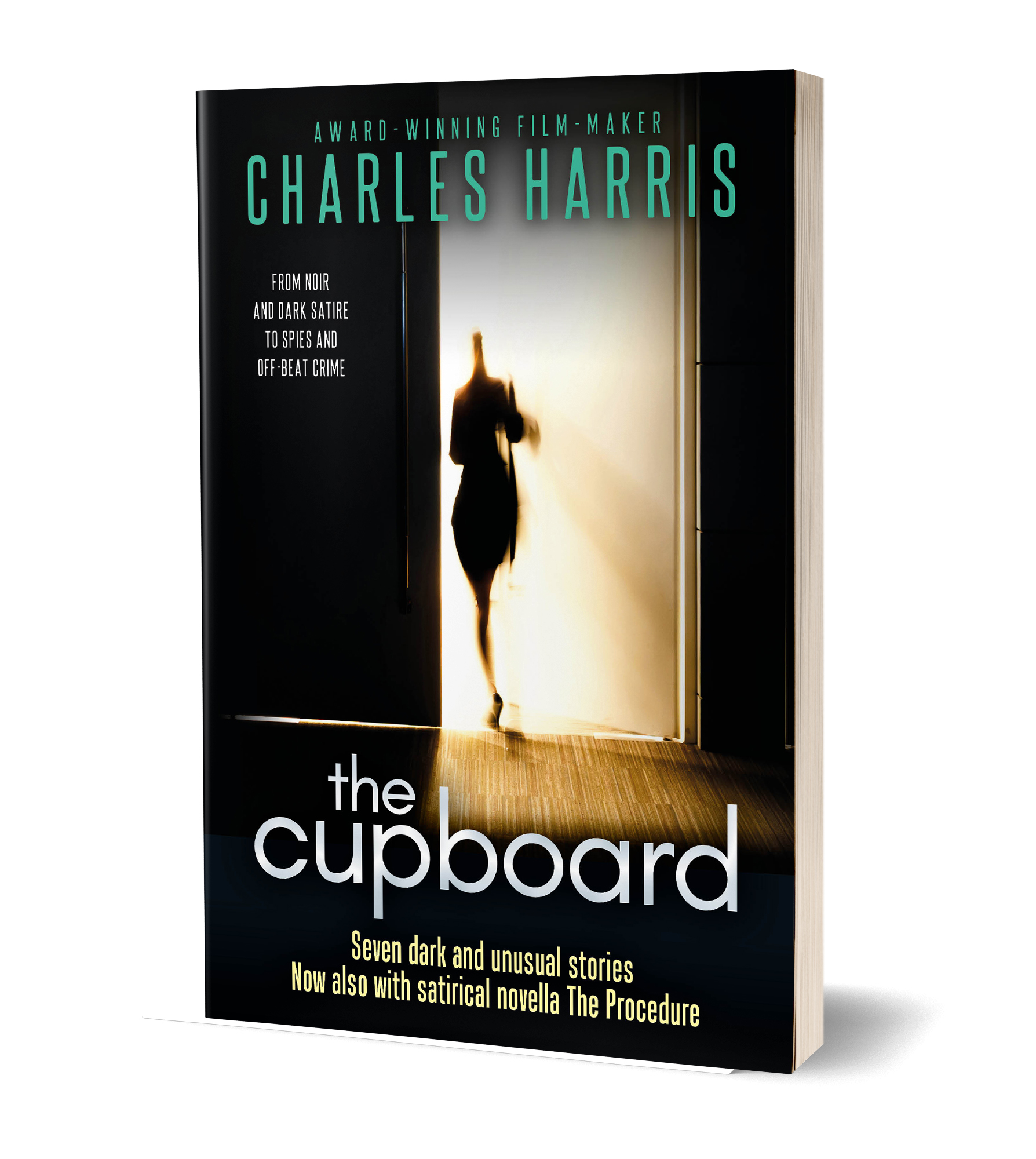Why are books and movies fascinated by forgetting?
22 Friday Jan 2021
Written by Charles Harris in Books, Crime, Psychology, Thriller
Tags
FASCINATED BY FORGETTING

Is it me, or are novels and movies fascinated by forgetting?
This century, amnesia is very in.
I was invited to talk about this and my new amnesia-based psychological thriller Room 15 at Milim Leeds Literary Festival – online at 8pm GMT on Monday February 1st.
Fascinated by forgetting
I started writing what would finally become my latest novel Room 15 in 1989. I still have the original notebook on a shelf next to where I work.
From those very first jottings, the story centred on a police detective with amnesia, who thinks he might have witnessed a murder, but fears someone is trying to kill him before he gets his memory back.
At the time, I didn’t know any contemporary books or movies that dealt with amnesia. It felt like I was breaking new ground.
But something in the plot didn’t work. I put it away, but I couldn’t – er – forget it. I got it out a few times over the years, fiddled and put it away again.
In the mind of a protagonist with amnesia
Then in 2000, the movie Memento came out and made a massive splash. If you haven’t seen it, it’s a riveting story. It’s also a tour de force by writer-director Christopher Nolan: he tells the story backwards.
A tremendously brave yet appropriate way to approach amnesia, it puts the audience in the mind of the protagonist, who can’t remember anything that happened 15 minutes before.
Memento was followed by a flood of movies and books. But why? What’s so fascinating about forgetting for our generation? And is this interest really new?
Different kinds of forgetting
There are essentially two kinds of amnesia: amnesia caused by physical trauma – such as an accident or illness. And amnesia caused by psychological trauma, such as an emotional event that’s too massive for the mind to process properly.
Amnesias also divide into not being able to remember the past, and being unable to make new memories.
The recent stories have dealt with them all.
There’s the Bourne series of books and films. Emma Healey’s novel Elizabeth is Missing – recently adapted for TV. The thriller Before I Go To Sleep by SJ Watson, which became a Hollywood movie.
However, once you begin digging, you discover that writers have loved amnesia stories almost as long as writing has existed.
It’s in fairy tales, Homer, Shakespeare and Hitchcock, to name but a few. In the 1940s alone, Hollywood made an astounding seventy-plus movies with amnesia plots.
What does forgetting say about us?
But there have been changes. The original amnesia stories were often different from the stories we see today.
In the earliest stories, from Homer to myth and fairy tale, the most frequent causes of amnesia were paranormal. Often, this might be a supernatural power such as the River Lethe or a magic potion.
Shakespeare was one of the first writers, though, to introduce the idea that amnesia could appear because of emotional trauma, as in King Lear, when Lear experiences amnesia and madness after he’s betrayed by his daughters.
In the mid-20th century, many amnesia stories arose from physical injuries, such a fall or an explosion, though some came out of the experience of war. These still almost invariably dealt with retrograde amnesia – the inability to remember the past.
However, more recent writers have started to tackle other kinds. In Memento and Before I Go To Sleep, the protagonists can’t create new memories. While Elizabeth is Missing is narrated by a woman with dementia.
The fear of what you might remember
As a Jewish writer, I am only too aware of the importance of remembrance… but perhaps sometimes there are things that are best forgotten.
Through the lens of a crime thriller, I wanted to explore the experience of forgetting. And the fear of what you might remember when memories return.
In his book The Uses of Enchantment, the psychologist Bruno Bettelheim argues that children keep reading fairy tales in order to learn to deal with the problems they face.
I believe novels and movies can work the same way for adults. We use them to help us work out how to live. So, what are these amnesia stories helping us face?
What does our fascination with amnesia say about us as a society?
Do writers and film-makers get amnesia right?
Why does amnesia make for so much strong storytelling?
And is there a place for forgetting in our lives as well as remembering?
I asked these questions among others at 8pm GMT on Monday February 1st. You can listen to the recording here.
…Don’t forget.
Read more
If I should forget you… Award-nominated author Charles Harris on amnesia in books and movies
The Amnesia Plot: How 1940s films reinvented the ways stories are told onscreen


Tell people what you think